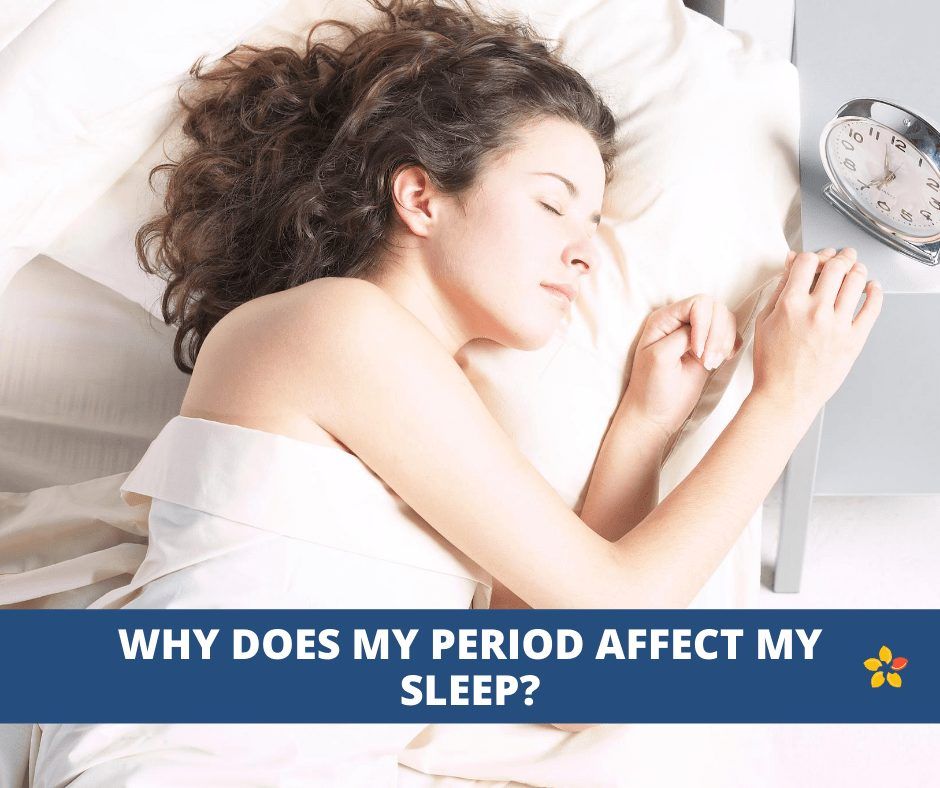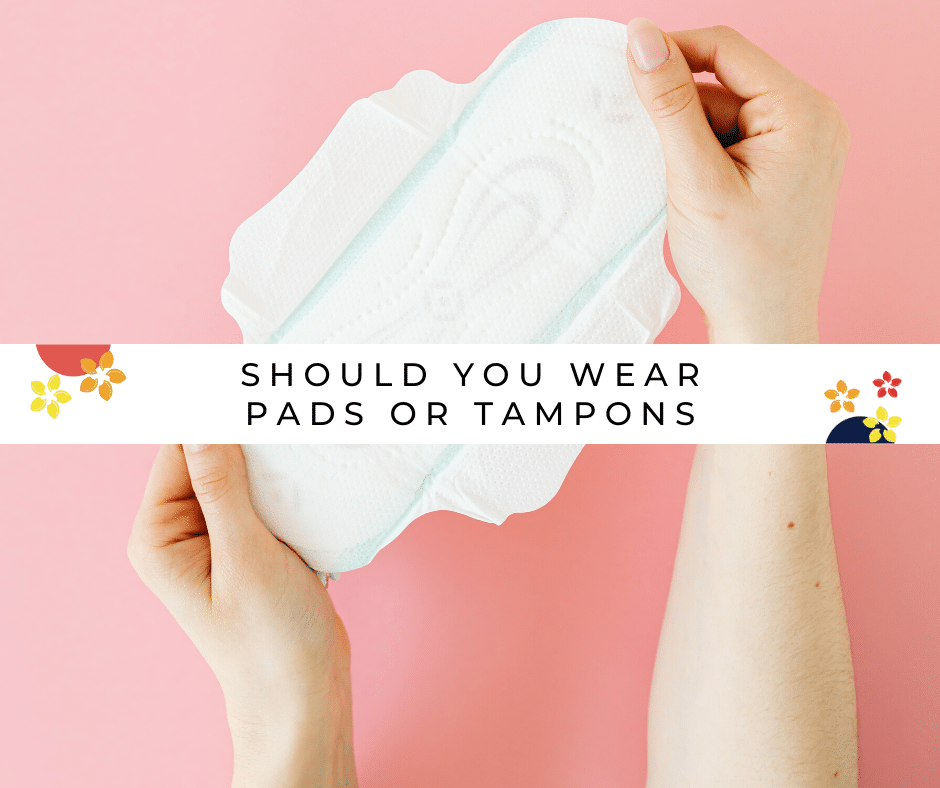As women, our bodies have an intricate way of communicating with us, especially during that time of the month.
The menstrual cycle is a natural and beautiful phenomenon that brings about a range of physical and emotional changes. From the days leading up to your period, through the actual flow, to the post-period phase, your body sends out subtle signs and signals.
Your body is telling you things when you spot before and after your period.
Pre-Menstrual Spotting:
For many women, spotting or light bleeding in the days leading up to their period is not uncommon. This phenomenon, known as pre-menstrual spotting, can occur due to hormonal fluctuations and changes in the uterine lining. It’s usually lighter in flow and may appear as pink or brown spotting. If you experience pre-menstrual spotting, it’s typically nothing to worry about, but it’s always a good idea to consult your healthcare provider if you have concerns.
Menstrual Flow:
During your period, the lining of the uterus sheds, resulting in the menstrual flow. The color and consistency of your flow can vary, ranging from bright red to dark brown, and it may have clots or tissue. These variations are typically normal, but if you notice any significant changes, such as a sudden increase in flow or persistent heavy bleeding, it’s essential to consult your healthcare provider.
Mid-Cycle Spotting:
Some women may experience spotting or light bleeding in the middle of their menstrual cycle, often referred to as mid-cycle spotting. This can occur due to ovulation, which causes a temporary drop in estrogen levels. Mid-cycle spotting is generally harmless, but if you have concerns or it becomes a recurring issue, discussing it with your healthcare provider is advisable.
Post-Menstrual Spotting:
After your period ends, you might notice some residual spotting or light bleeding. This is known as post-menstrual spotting and is typically caused by the shedding of the remaining uterine lining. It’s usually lighter in flow and can last for a few days after your period. If you experience heavy bleeding or prolonged spotting after your period, it’s wise to seek medical advice.
Hormonal Imbalances:
Spotting at any point in your menstrual cycle can occasionally be a sign of hormonal imbalances. Fluctuations in estrogen and progesterone levels can disrupt the regularity of your cycle and lead to spotting. If you consistently experience spotting or have irregular periods, it’s essential to consult with your healthcare provider to determine the underlying cause and explore potential treatment options.
Stress and Lifestyle Factors:
Stress, changes in weight, intense exercise, and certain medications can also impact your menstrual cycle and contribute to spotting. These lifestyle factors can disrupt the delicate hormonal balance, leading to irregularities in your cycle. Practicing self-care, managing stress, and maintaining a healthy lifestyle can help regulate your menstrual cycle and reduce the likelihood of spotting.
Birth Control Methods:
If you’re using hormonal birth control methods such as pills, patches, or intrauterine devices (IUDs), spotting can be a common side effect, especially during the first few months of use. These methods alter hormone levels, and your body may take some time to adjust. If the spotting persists or becomes bothersome, consult your healthcare provider for guidance.
Understanding the signs before, after, and during your period is an empowering step towards embracing your menstrual cycle. While spotting can occur for various reasons, it’s essential to listen to your body. Be sure to contact your Doctor if you need help.








